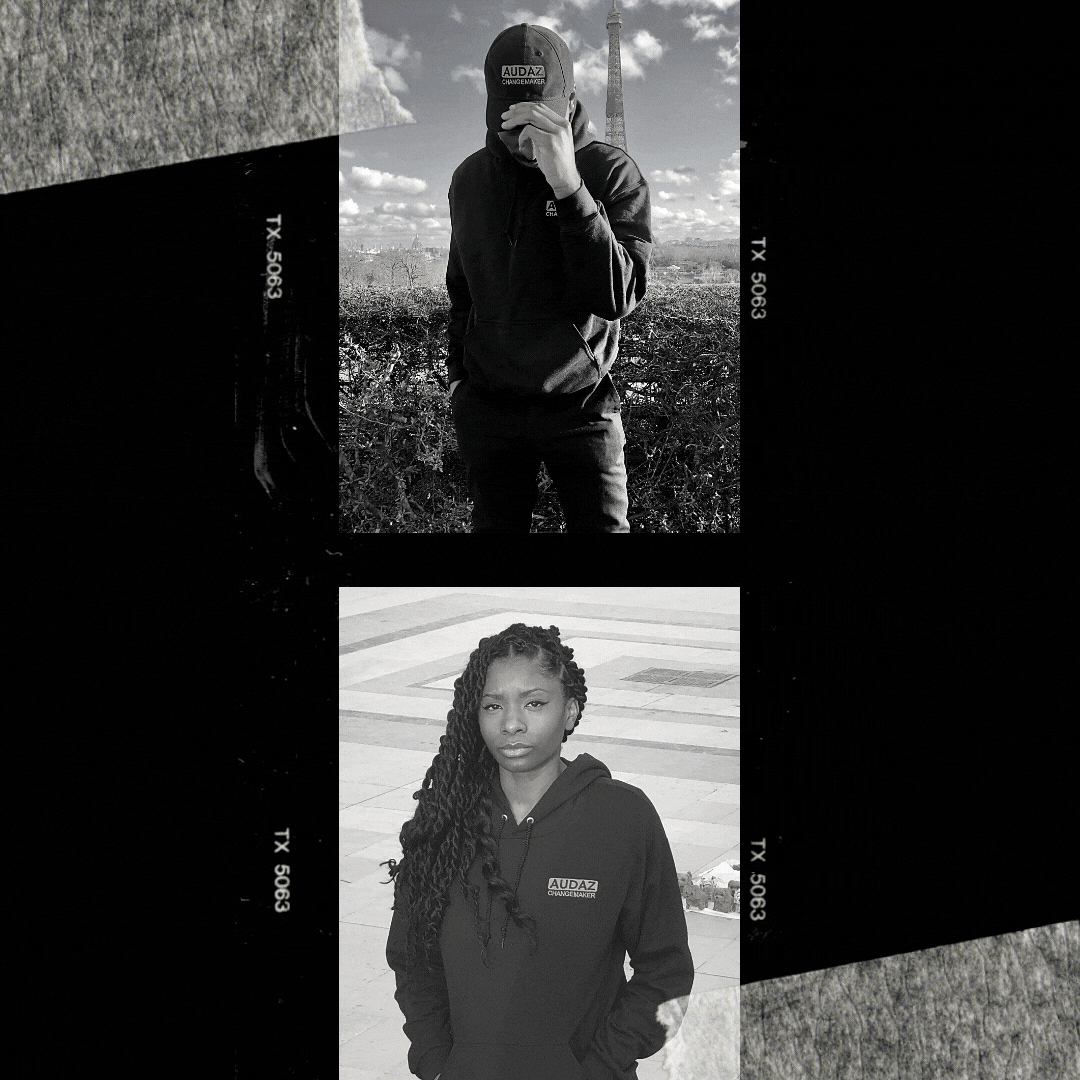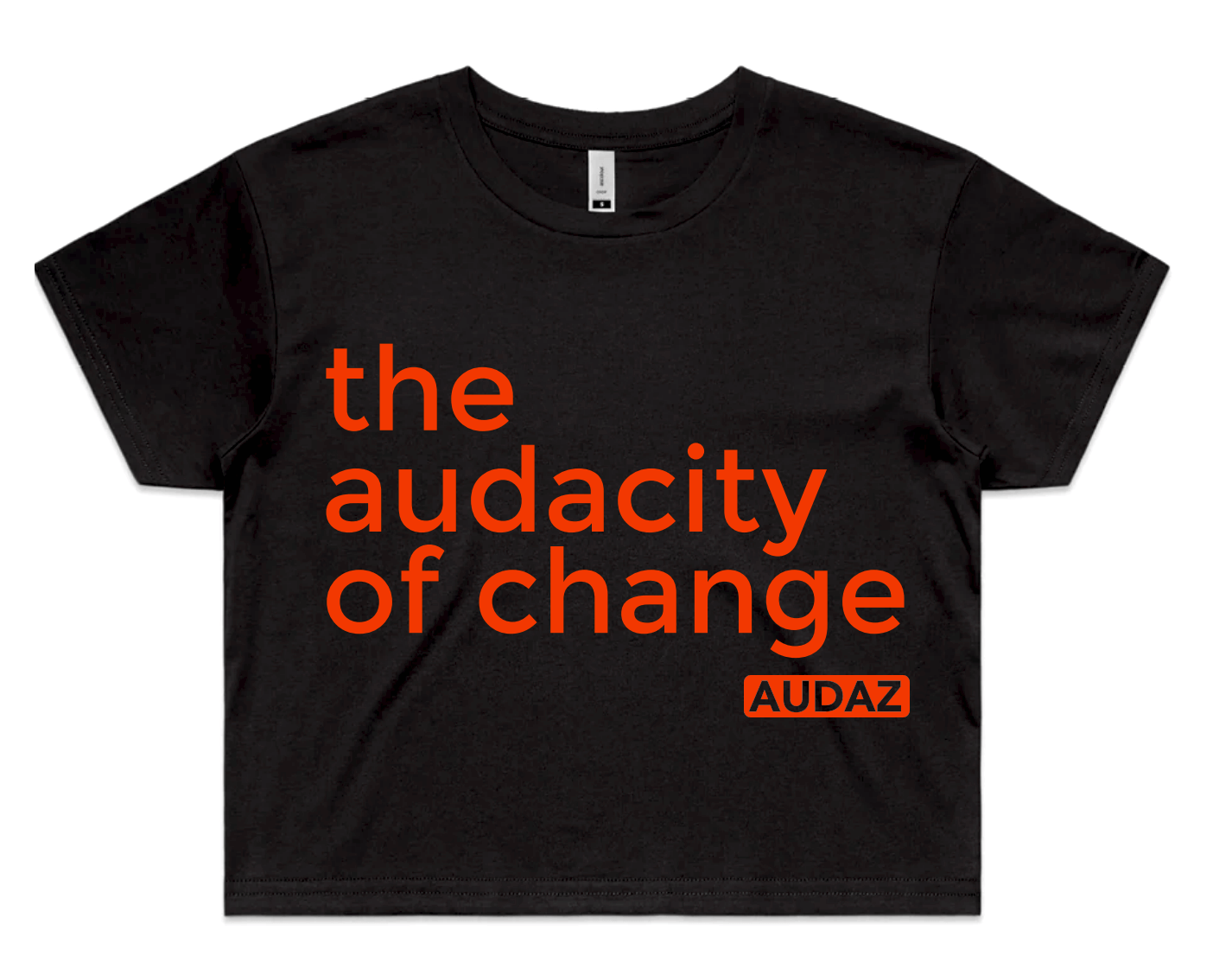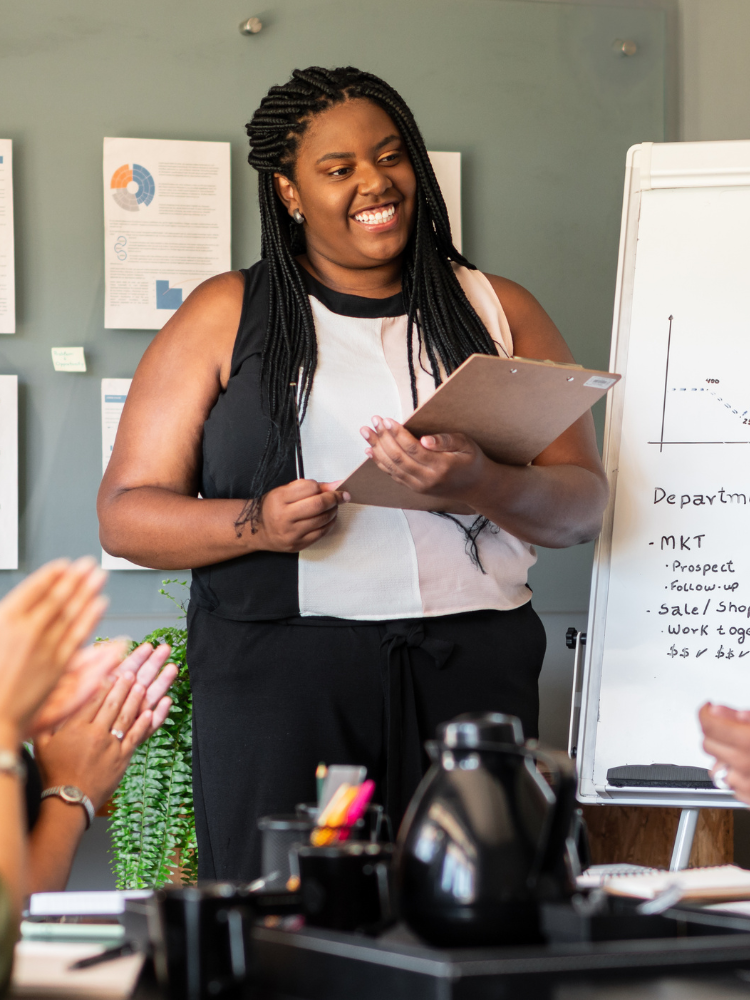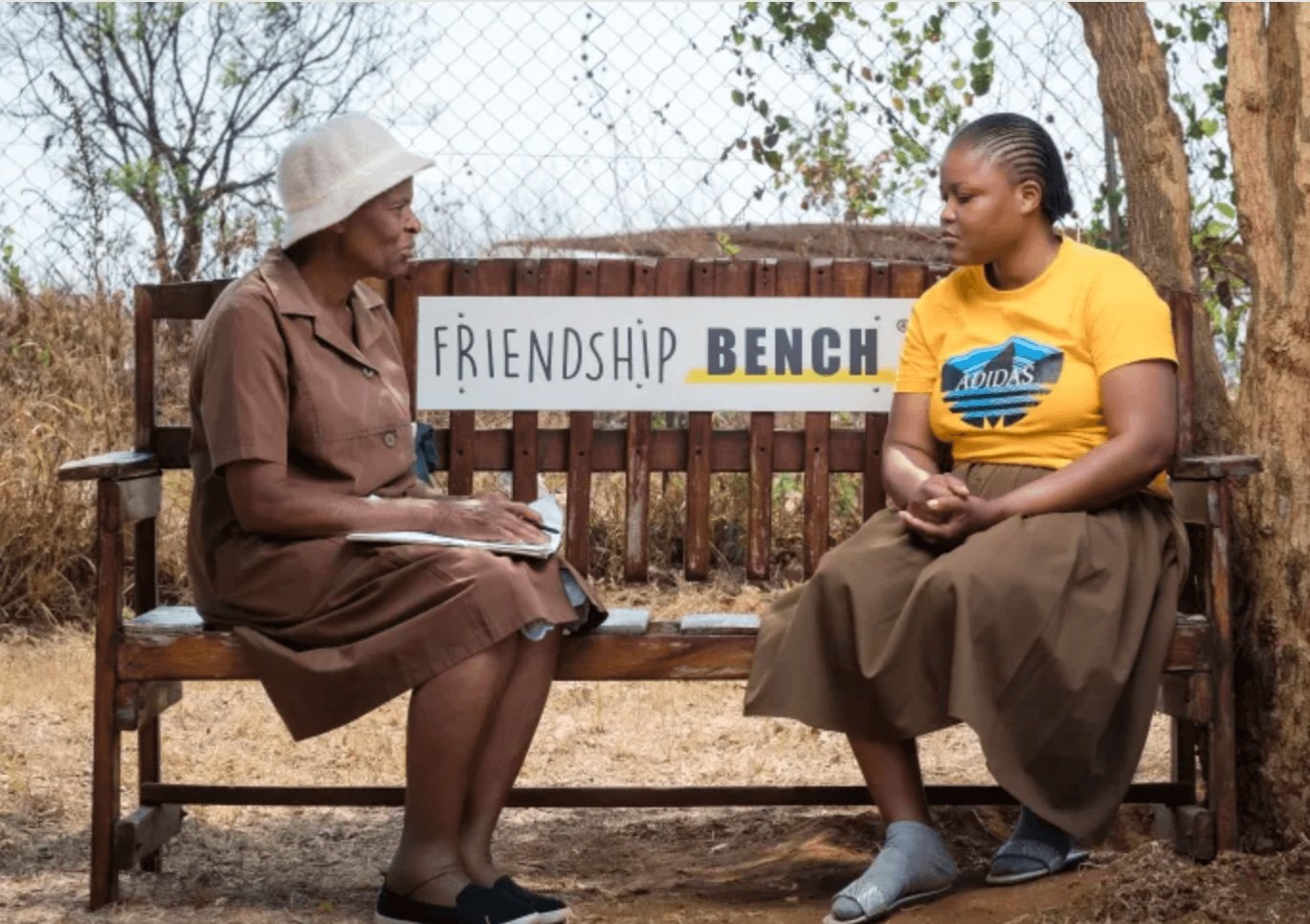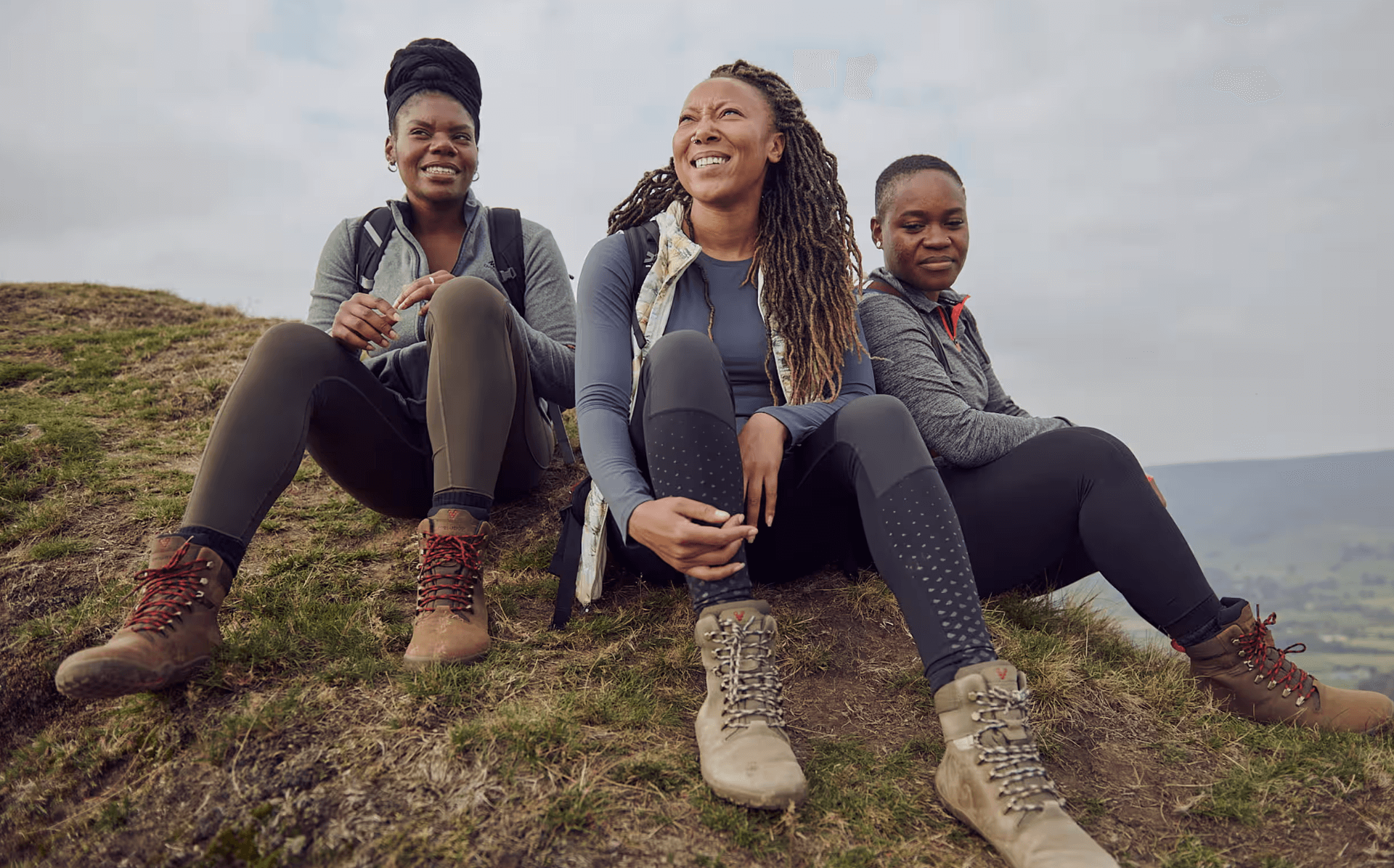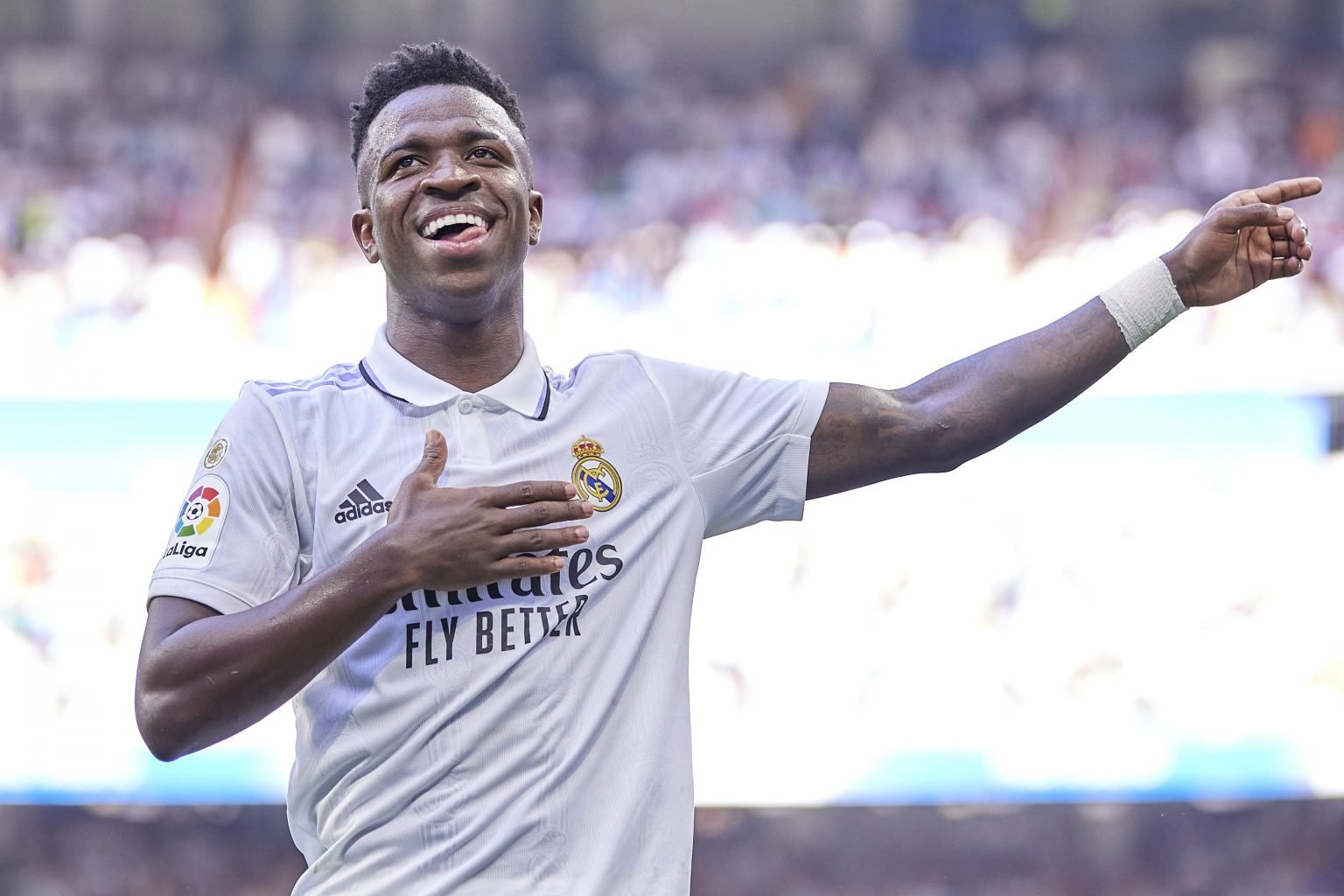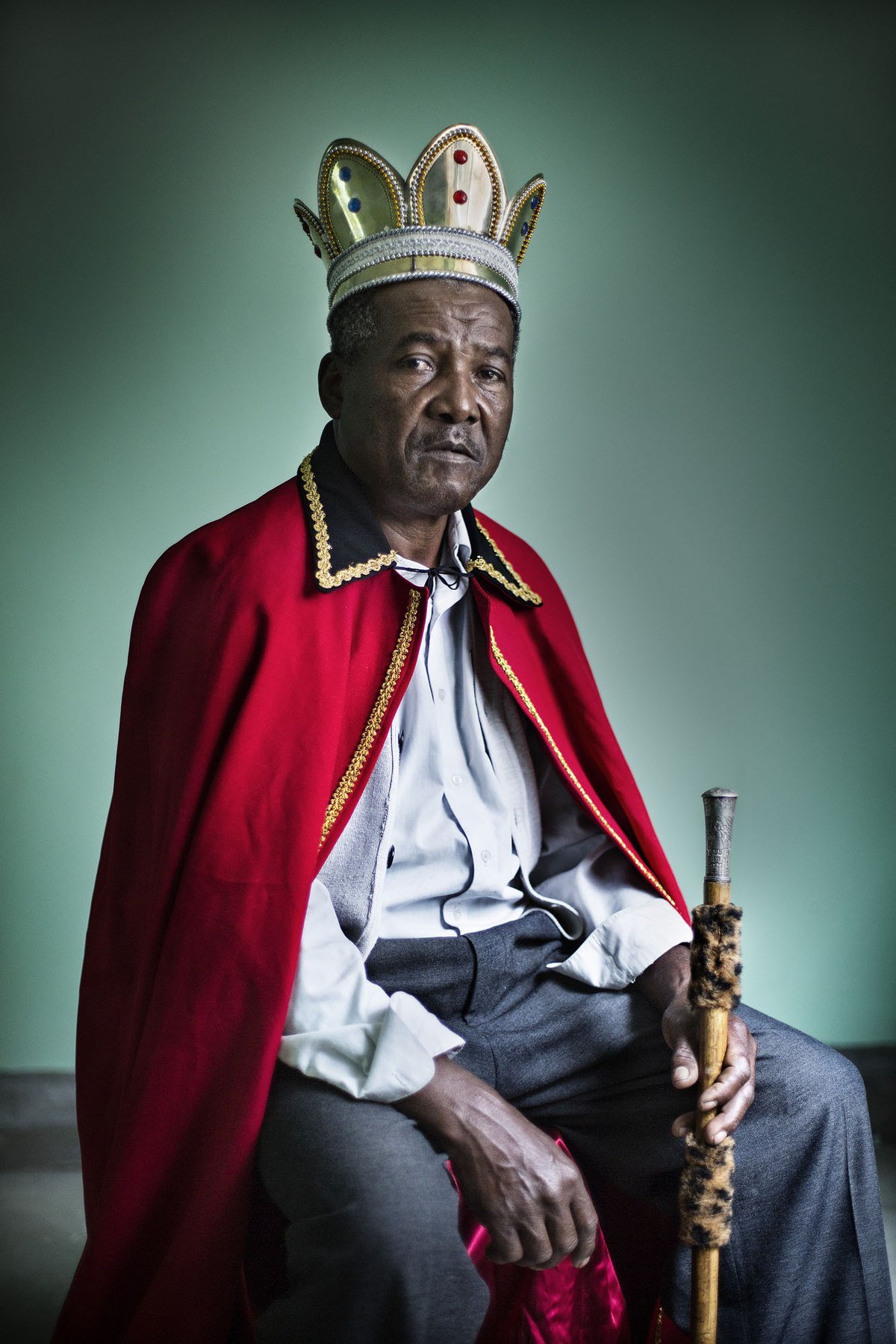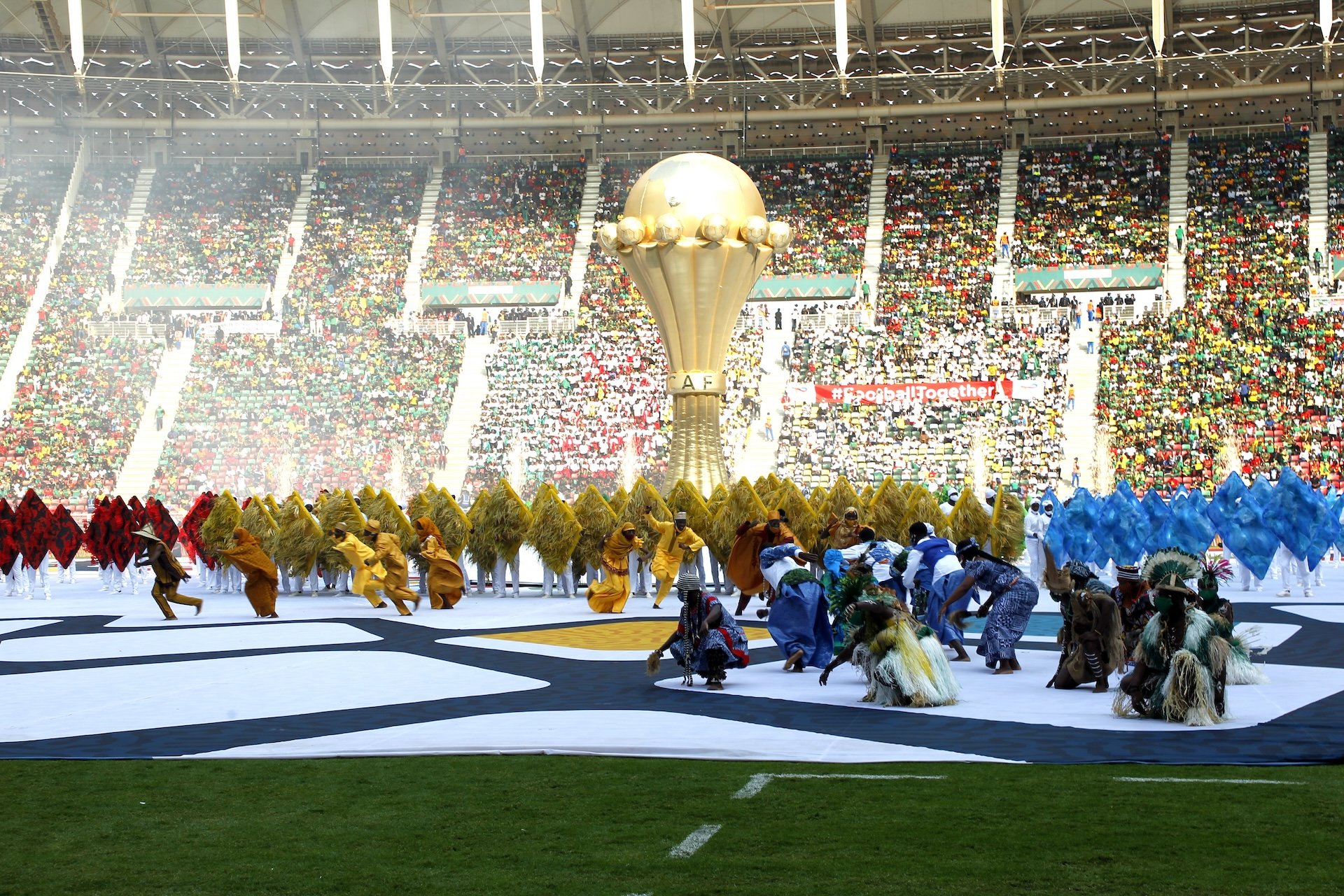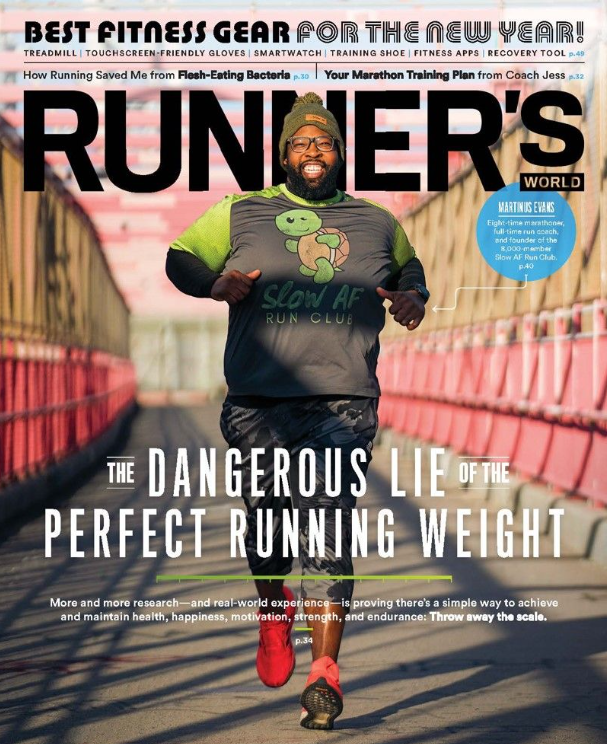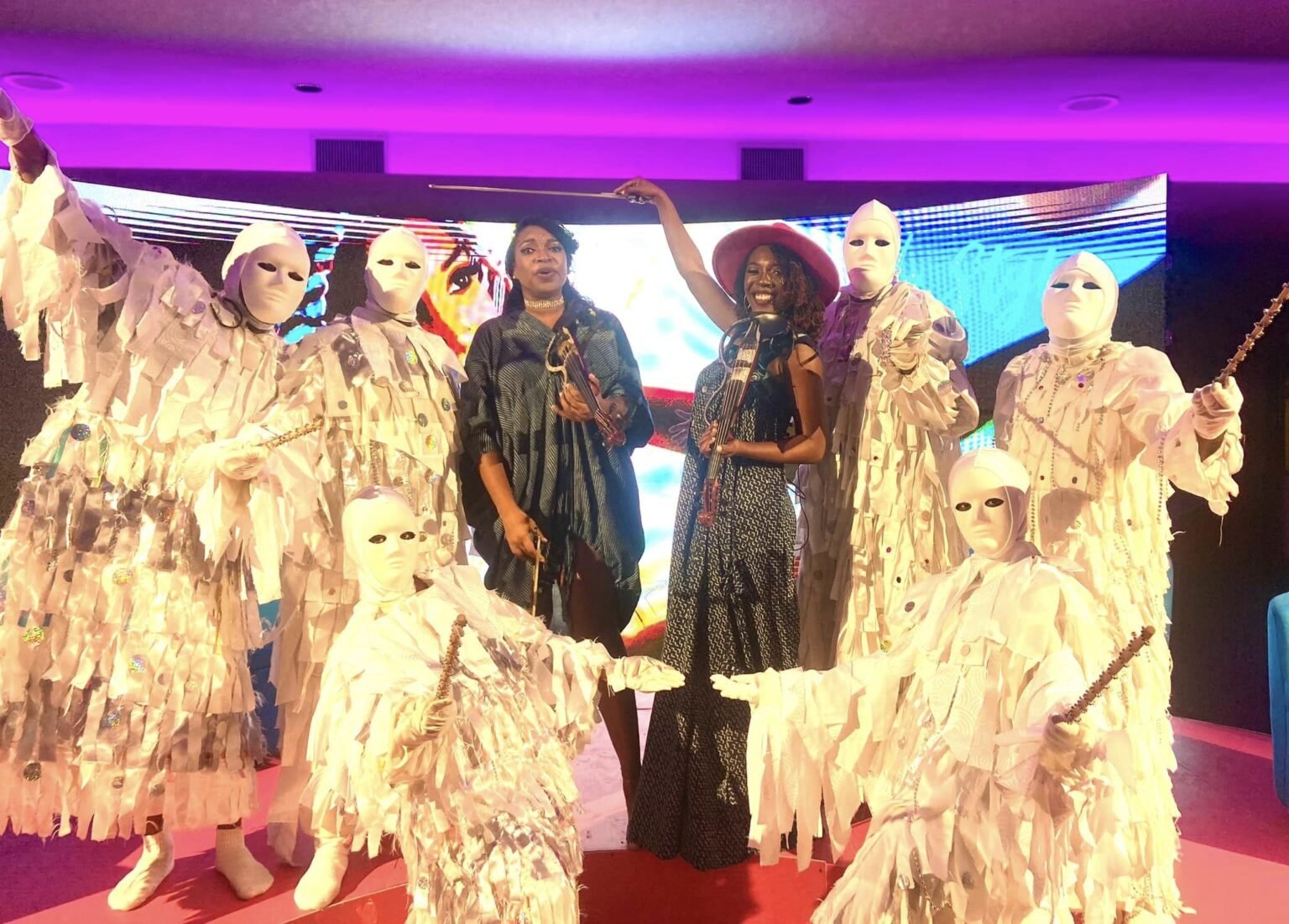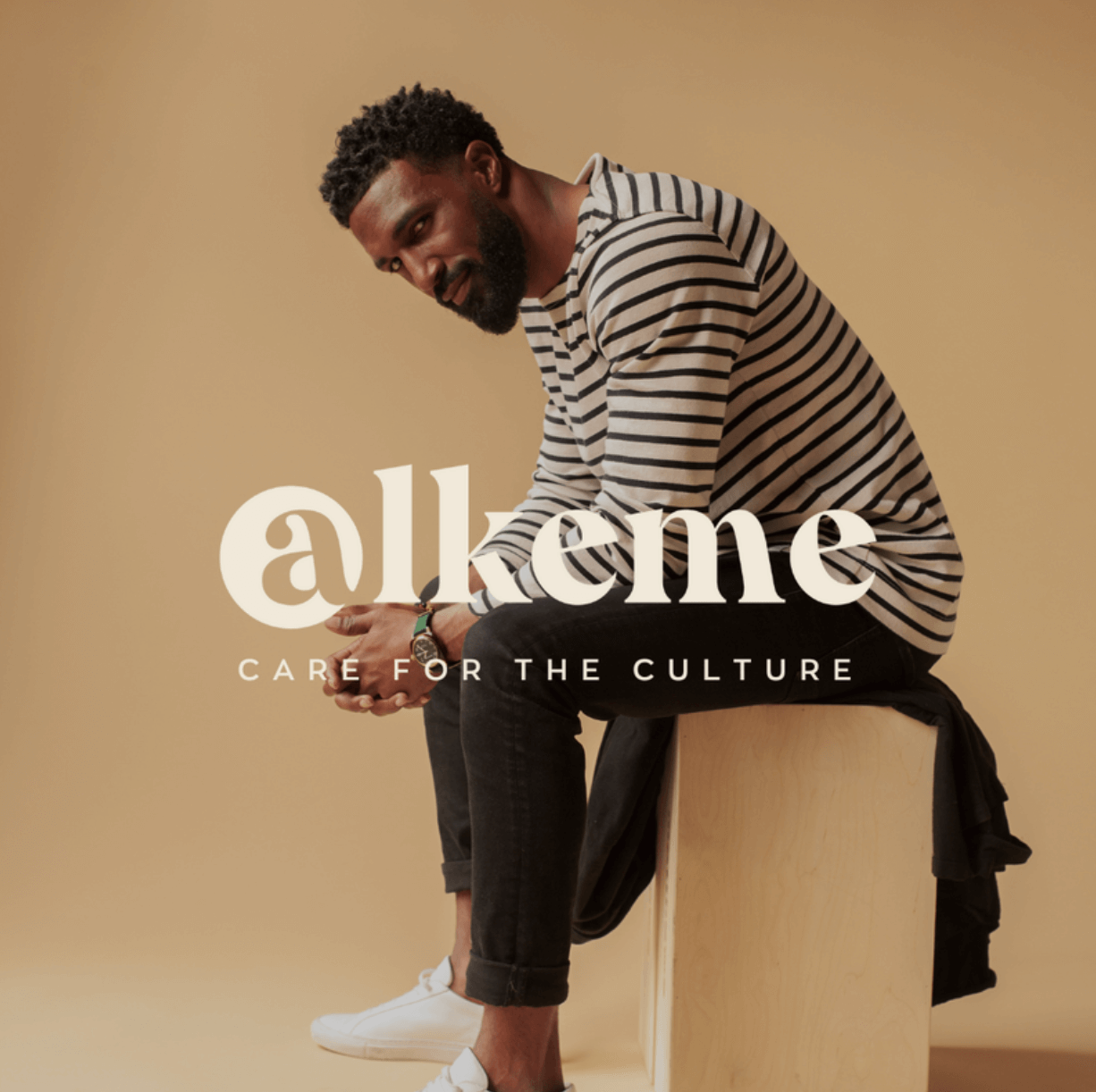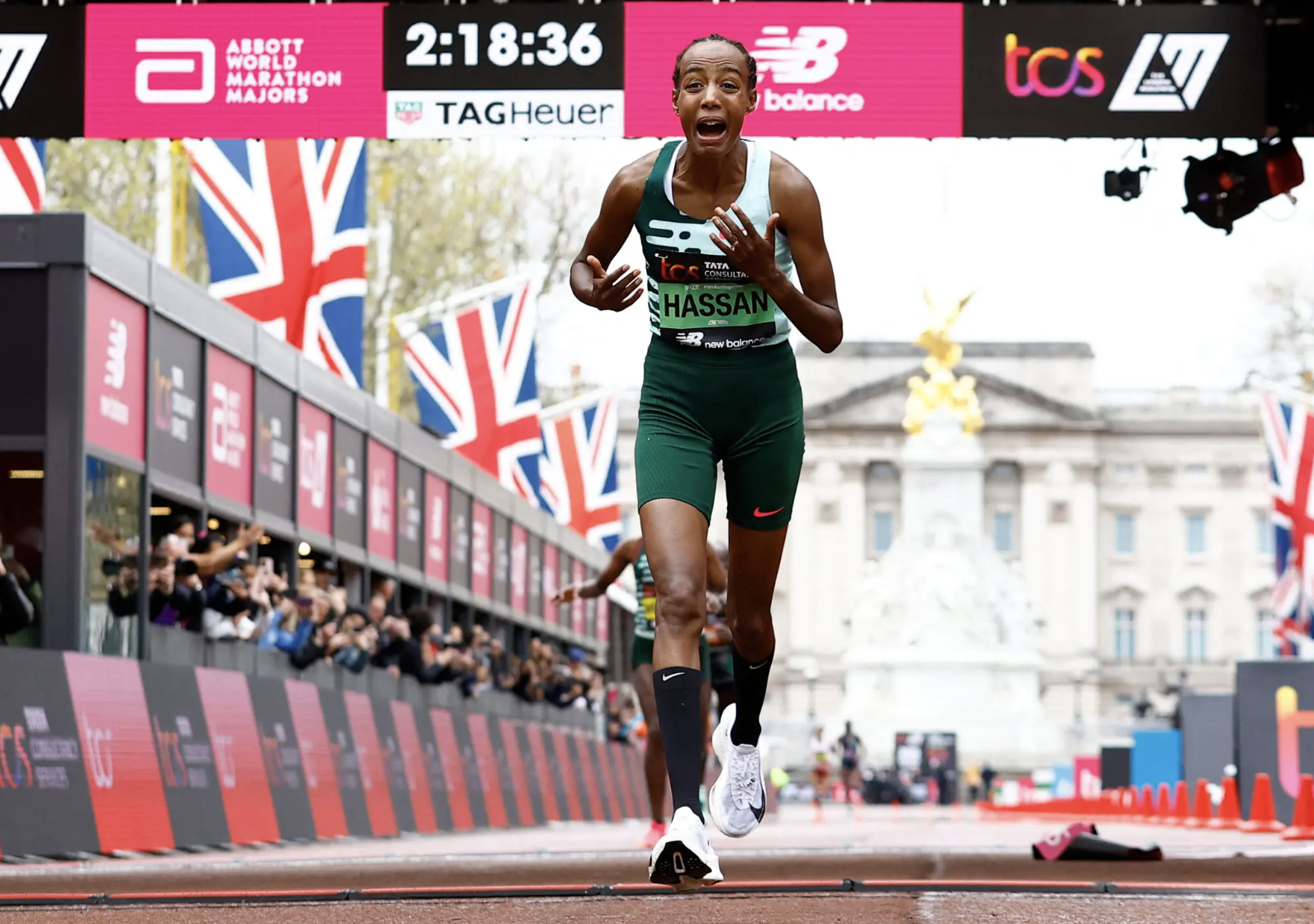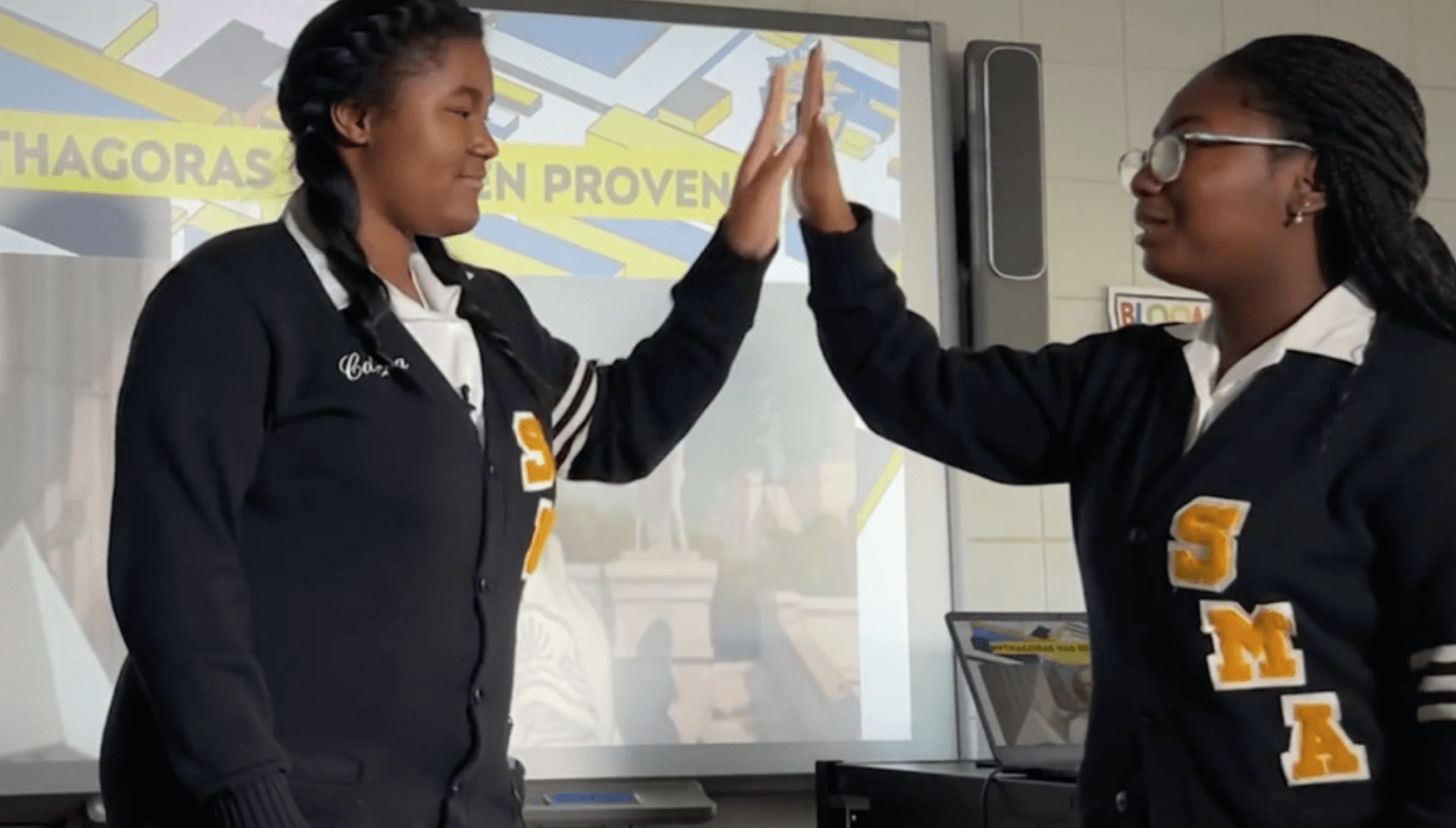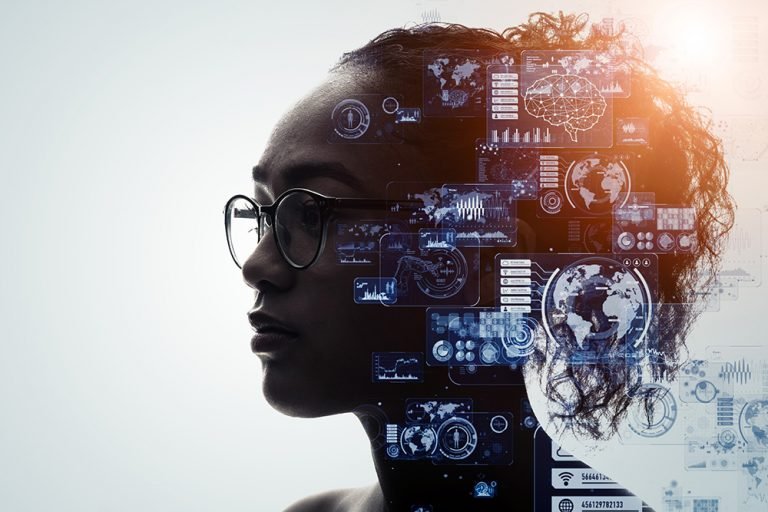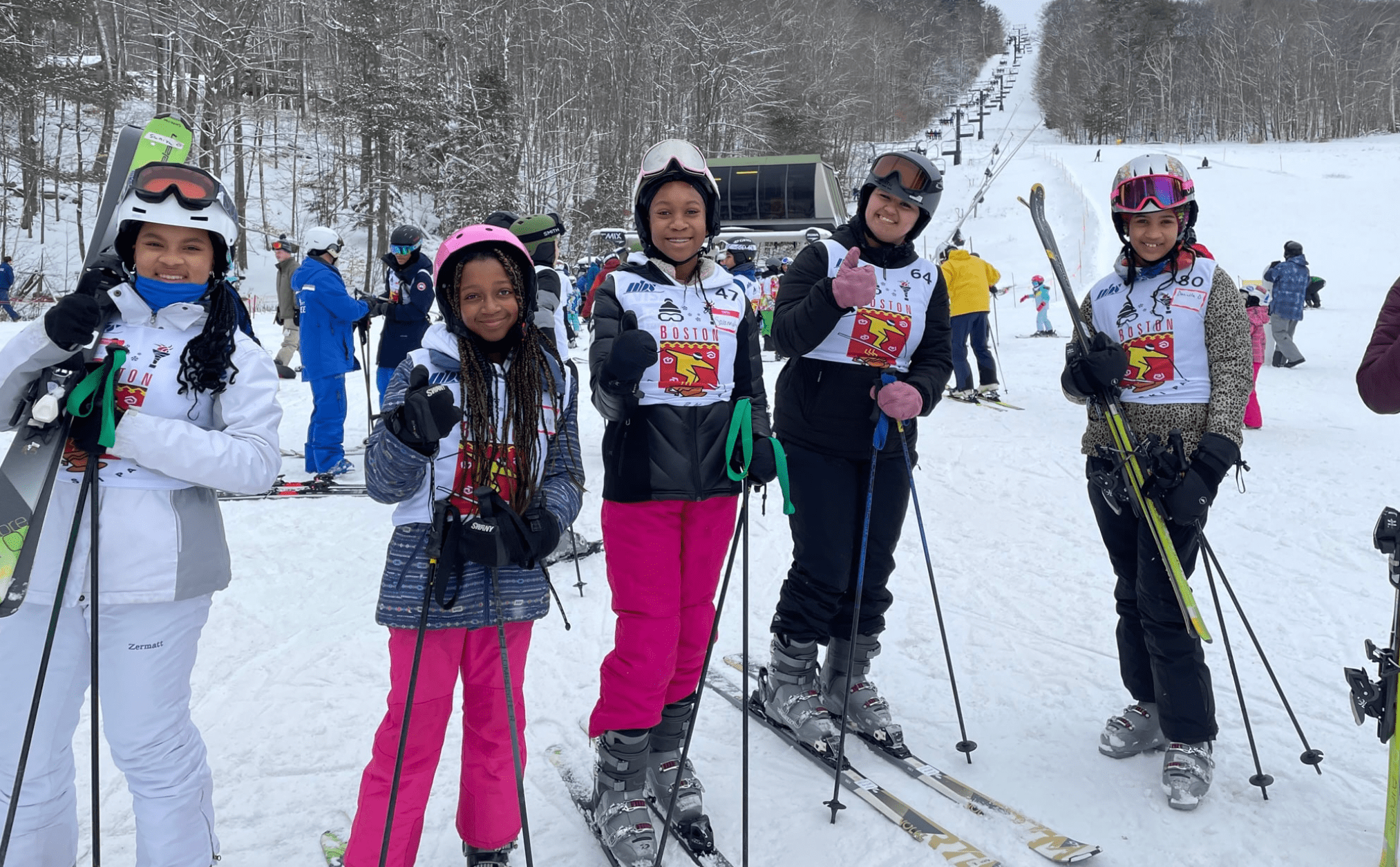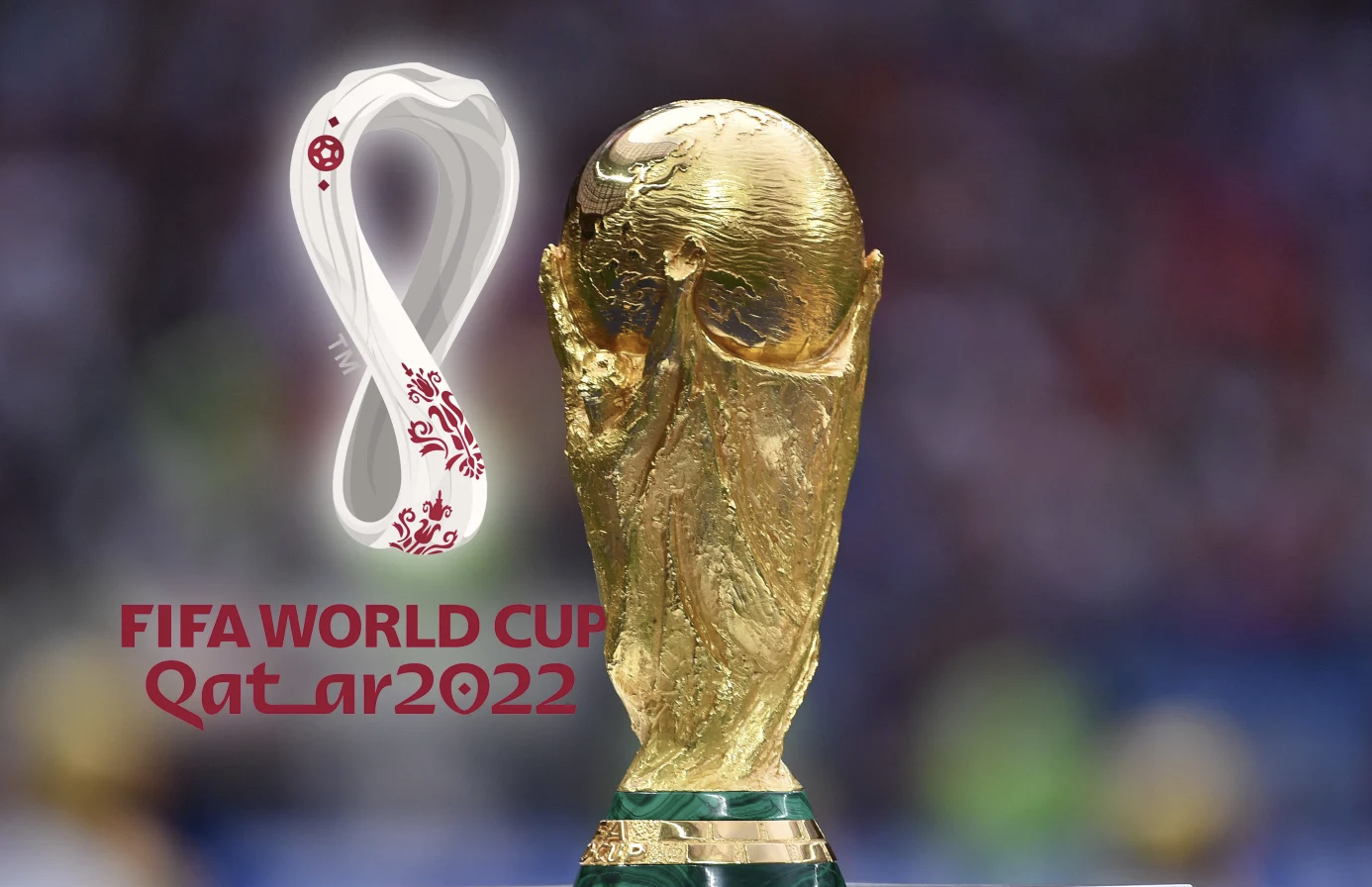Whose lives matter?
The time capsule is a collection of articles that were originally published at various times in the past, providing social commentary on a wide range of issues. The stories are prefaced by the author’s reflections drawing parallels to present day trends and developments.
Author’s note: The question tackled in this story is one that has arguably only grown in importance over the years. Unfortunately the cycles of violence, particularly against people of color, have not slowed down either as we see in the most recent examples of the racism and hatred Asian-Americans have been enduring.
In an attempt to understand the root of such an irrational occurrence as racism, I began to scratch the surface by exploring what role empathy, or its lack thereof, played in all this. While I raised more questions than I was able to answer, it strikes me that many of the major players - the perpetrators of this hatred, as well as the media and their problematic reporting practices - have only continued on the trajectory they were on when this story was originally written.
I think though, that there are hopeful signs in the way I notice Gen Z operating. Their generation appears to have a greater comfort with calling out bigotry in all its forms and leaning into the empathy for ‘others’ that their predecessors have historically lacked. While this has bred some unfortunate byproducts such as the increasing prevalence of cancel culture, it feels like a definite societal step in the right direction that the future generation is increasingly willing to allow people who they may not fully understand to just carry on and live their lives.
In the last few months it has become pretty much impossible not to tackle this loaded question. From the ongoing social movements sparked by the killing of Michael Brown in Ferguson, and Eric Garner in New York, to the Paris attacks, and the massacres in Nigeria, we’ve been bombarded with anger, hate and the unconscionable taking of human life.
It has been particularly revealing and interesting to me to follow the spirited debates that always follow each of these tragic events. I’ve felt infuriated and disheartened often, but overall incredibly enlightened for better or worse about the state of our world today. Basically these events have reaffirmed what we’ve all known for a while on some level – as wary as we might be to admit it, not all lives are equal in the eyes of the world.
This notion in itself, though disturbing, isn’t necessarily what has caused me so much concern. Obviously bigotry and hate speech are nothing new to any of us, and no matter how much progress we make, there will always be that minority voice on the fringe of the sanity spectrum spewing their nonsense. They are definitely a part of the larger problem; however what really worries me is the far more widespread issue of the clear lack of empathy that we have for each other.
Several years ago I was introduced to the concept of the racial empathy gap by an interesting article. Although I won’t go into the details of the study this article is based on, it basically highlighted how a lack of empathy was perpetuating racial inequalities. Some of its findings were quite frankly shocking to me. The most incredulous one being that a significant percentage of the participants of this study (all of whom where white) assumed that Black people feel less physical pain than whites do.
This seriously alarmed me. Could well-educated people unconsciously (or not) really believe such a thing? Is the racial empathy gap influenced by these wrongful assumptions and stereotypes of the perceived ‘Black (or minority) experience’?
This however goes far beyond a discussion of race as the same empathy void is definitely evident within races. Another article I read recently on the lack of media coverage of the horrific Baga (Nigeria) attacks by Boko Haram points out:
“But the blame does not just lie with western media; there was little African coverage… No leaders were condemning the attacks, nor did any talk of a solidarity movement…Our outrage and solidarity over the Paris massacre is also a symbol of how we as Africans neglect Africa’s own tragedies, and prioritize western lives over our own.”
Much as it stung to read those words, I knew them to be true. We as Africans have time and again been the perpetrators of violence against our own brothers and sisters under the guise of tribalism, religion and the pursuit of natural resources to name just a few.
I’m not too self-righteous to admit that I am as guilty as the next person of ignoring casualty numbers reported in the news from suicide bombings or wars, yet find that I get annoyed when victims of any given tragedy are often reported as ‘x’ number of Americans, ‘x’ number of Brits, and everyone else. We naturally relate to our own kind, and that’s ok. The problem arises when this inherent bias we all possess halts us from even attempting to relate to each other on a basic human level. This is the root of the frightening dehumanization of victims we see in so much of the reporting and media coverage today.
So overall I’ve deduced that rather than just racial, there is in fact a larger humanity empathy gap. But where did it come from, and how do we get rid of it? These are questions that I don’t necessarily have the answer to, but feel the need to ponder nonetheless.
Although I don’t really think that empathy can be learned, I have to believe that there exists in all of us the capacity to, at a very minimum, acknowledge that suffering is suffering regardless of the race or appearance of the bearer of this pain. This seems like a pretty low bar, but it’s definitely a start. Beyond this, it is really up to each of us as individuals to make a concerted effort and curb our tendency to glaze over the humanity of our fellow human beings. The world can be a messy, unfair place, the least we can do is show a little bit of compassion and understanding for each other.
The original post was published on christinekwrites.com .
SHOP THE CHANGEMAKER COLLECTION


